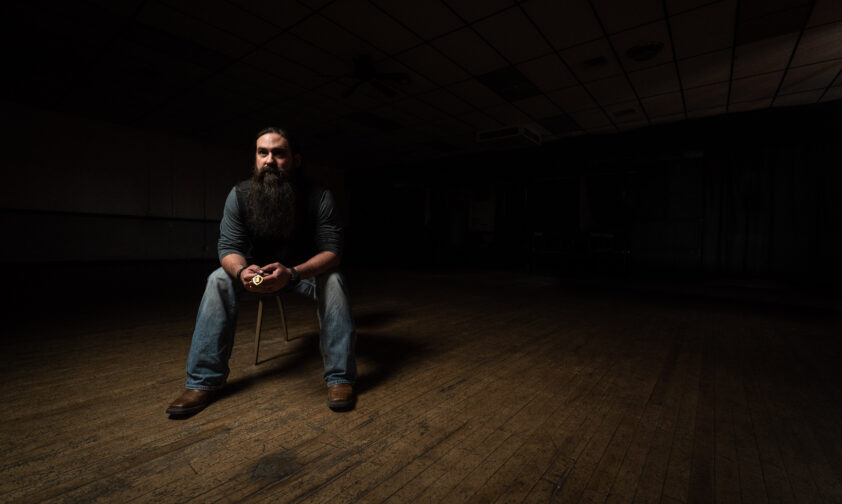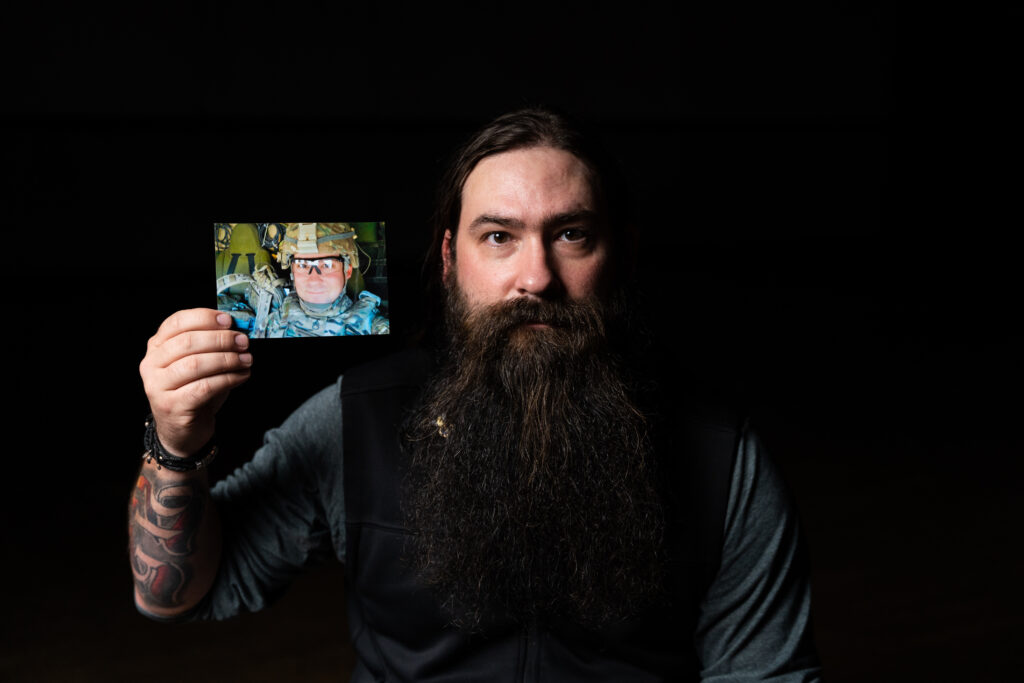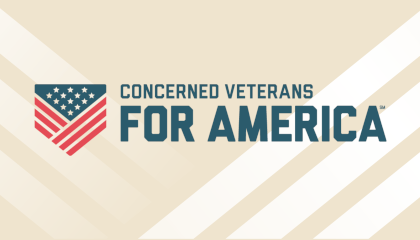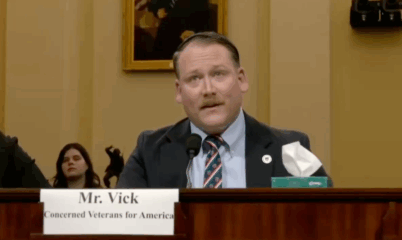
Hope beyond September: Why veterans’ mental health care is essential
When Afghanistan veteran and Purple Heart recipient Chris Enget speaks about mental health, he doesn’t lead with excuses. He leads with questions:
“Who are you? And who do you want to be?”
It’s these kinds of questions that kept him alive when the VA system failed. They’re the same questions he now asks fellow veterans ― because too many never make it past the waiting room.
Chris joined the Army at 17 and broke past the barriers of a tough home life. The military gave him identity and purpose. But after injuries ended his service, he faced botched surgeries, a sea of red tape, and a six-month wait for mental health care ― even following two suicide attempts.
Today, as Concerned Veterans for America’s education director, Chris leads a new mission. He’s working to empower veterans, citizens, and lawmakers to deliver solutions to America’s most pressing challenges.
During Suicide Prevention Month, his story is a powerful reminder that breaking the silence on veterans’ mental health can save lives ― and that policy reform is part of the prevention.
The cost of waiting
In the military, soldiers place their mission first ― often at the expense of their own mental health. Many soldiers don’t talk about it. And once they leave the service, the silence follows them home, where they can feel discarded and alone.
Chris came home from war carrying more than visible wounds. He was stripped of his identity as a soldier and experienced a crushing sense of isolation.
When he finally turned to the VA, he was told to “come back later.”
“How many veterans have the same story?” Chris asks. “If you’re ready to get help now, you shouldn’t be told to come back in half a year. That delay can be the difference between life and death.”
His solution is clear: “Take the hoop-jumping out of the equation,” he urges. “If the VA can’t see you, you should have the right to go somewhere else ― period.”
That’s what the Veterans’ ACCESS Act would do ― give veterans timely access to care, no matter where they are. And that access can save lives.
Why the Veterans’ ACCESS Act is essential
The Veterans’ ACCESS Act was designed to strengthen community care access standards, the rules that determine when veterans can use their health benefits from non-VA providers.
The bill would ensure veterans aren’t trapped in delays or red tape by codifying their right to seek care in their own communities when the VA can’t deliver it quickly enough.
But there’s a catch: The Senate version of the bill includes a sunset clause ― meaning these access standards could expire in just eight years. This clause creates uncertainty and puts care at risk. Veterans could lose hard-won protection overnight if Congress fails to act.
The House version avoids that risk by making the standards permanent ― codifying them so veterans can get the care they need and continue shaping a better American future.
For veterans like Chris, this isn’t just abstract legislation in Washington ― it’s a lifeline. Veterans are at a 58% higher risk of dying by suicide than those who haven’t served.
And fixing the VA system isn’t just about veterans ― it creates a roadmap for improving health care across the country. When veterans can access timely, community-based care, it shows what’s possible for all Americans.
A call to action
Chris knows what it’s like to feel isolated after service. Today, he’s turning that pain into hope ― leading the charge to ensure that community care access standards are made permanent.
This suicide prevention month, CVA is calling on lawmakers to pass the Veterans’ ACCESS Act. Veterans can’t afford to wait. By empowering veterans with more choice and control, the bill provides a model for fixing health care across the country.
Join the mission at CVA.org ― because a system that works better for veterans can work better for all Americans.




